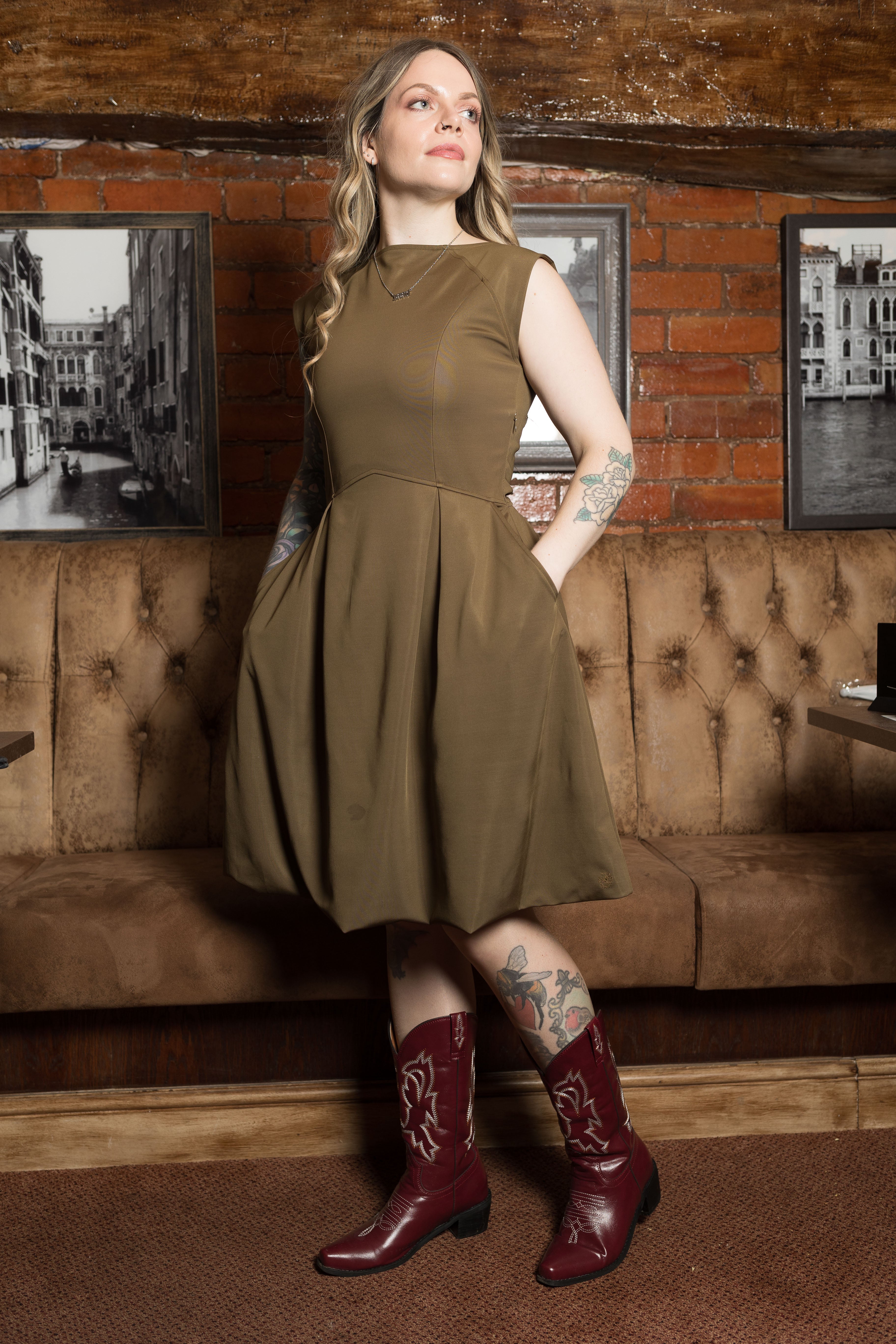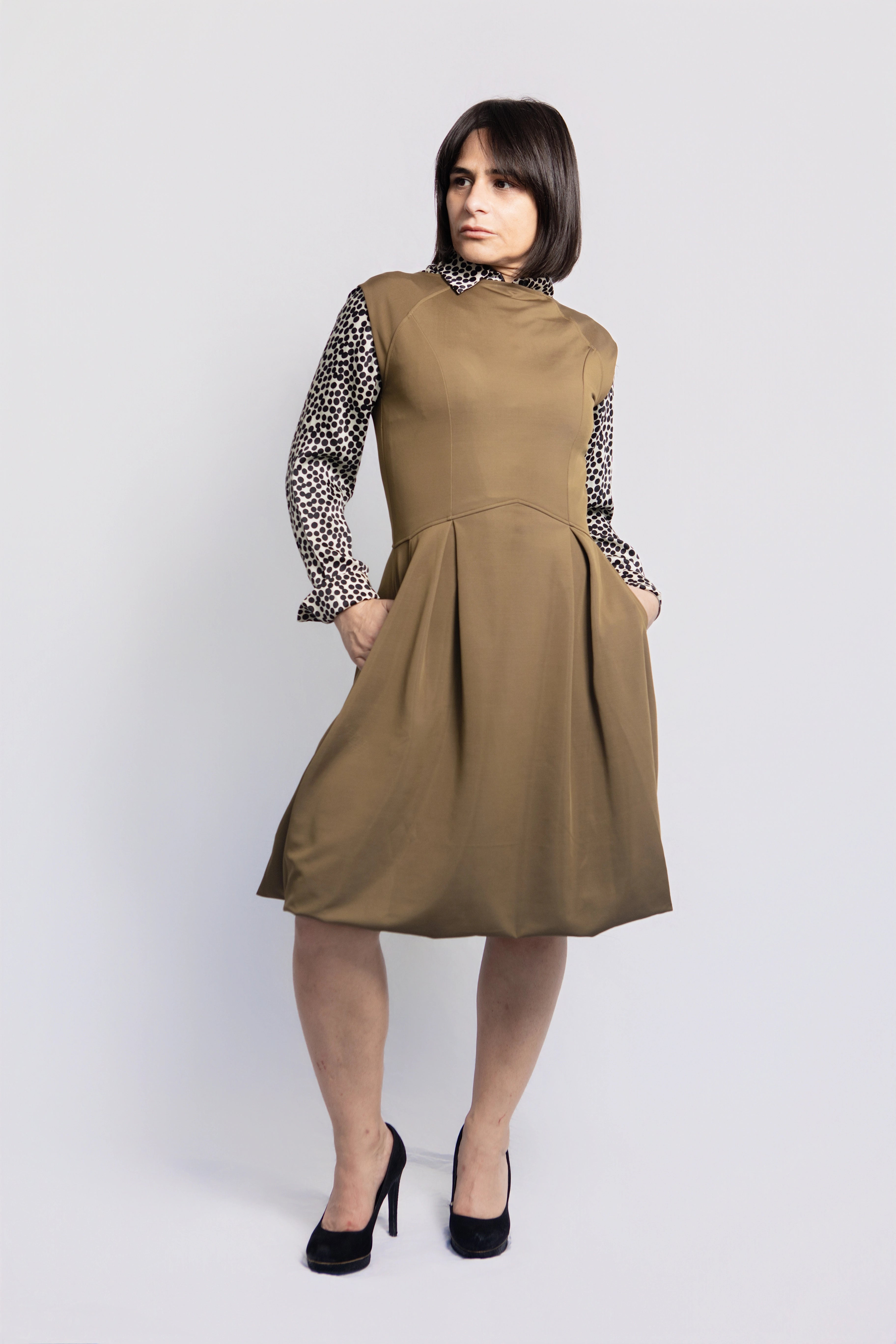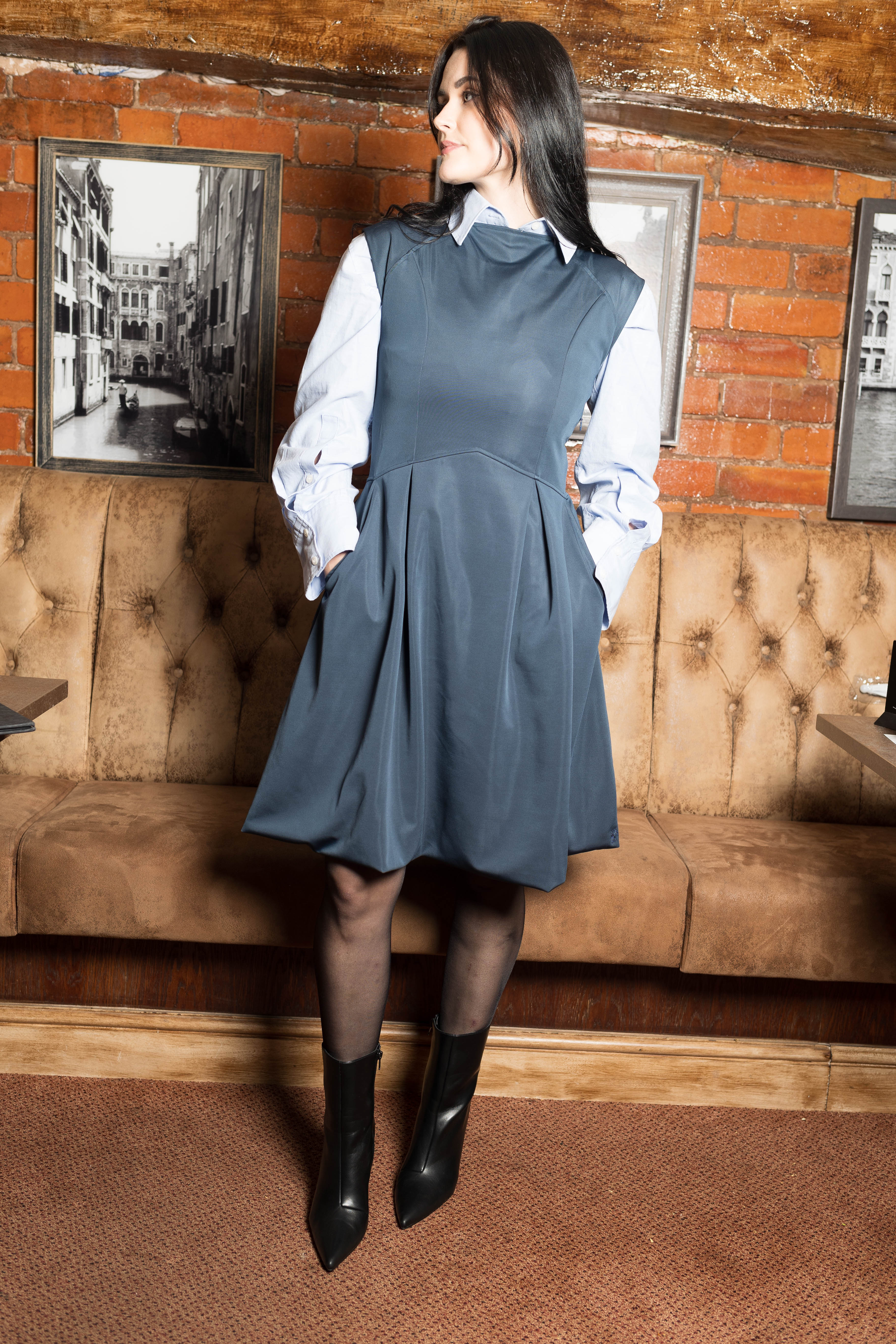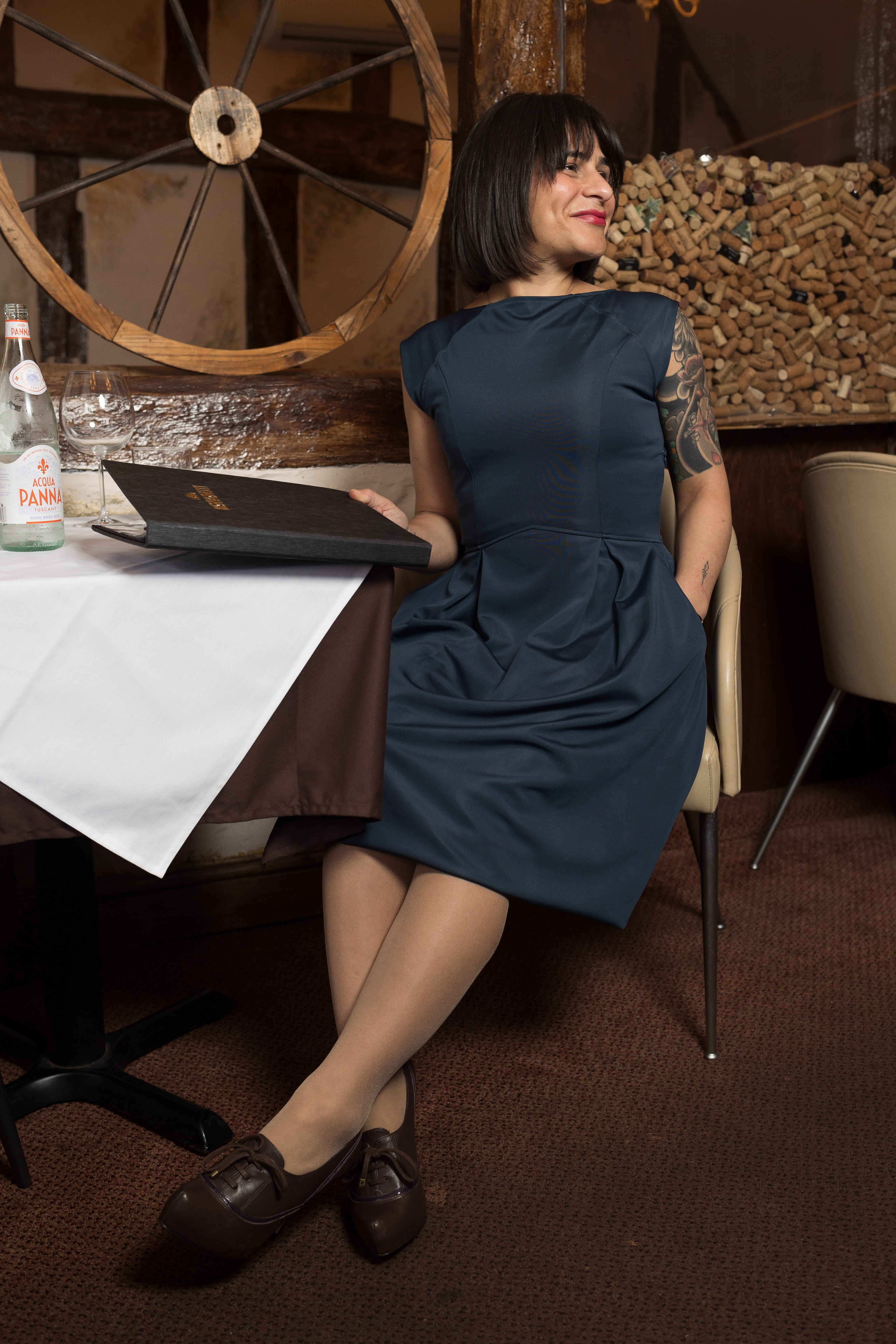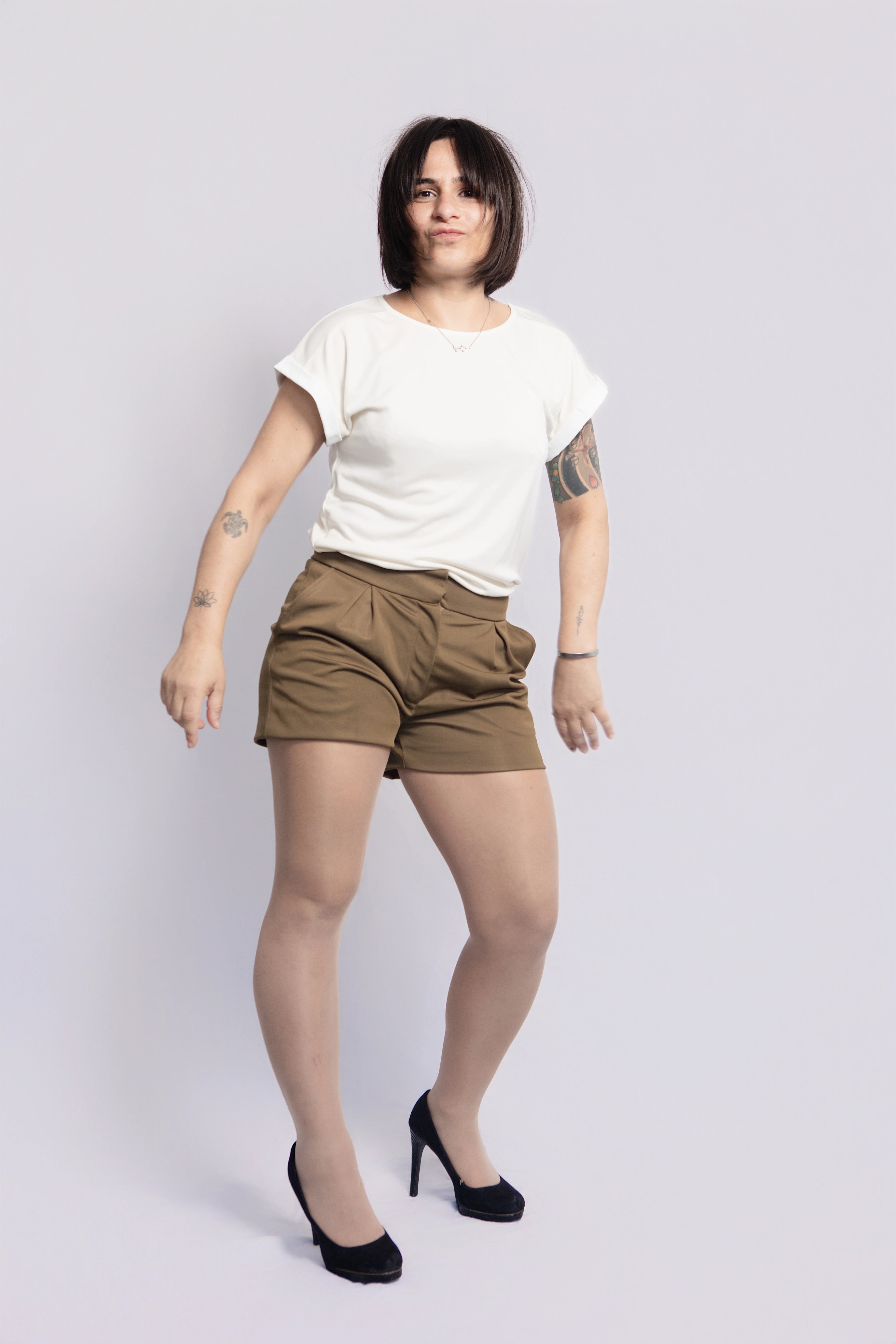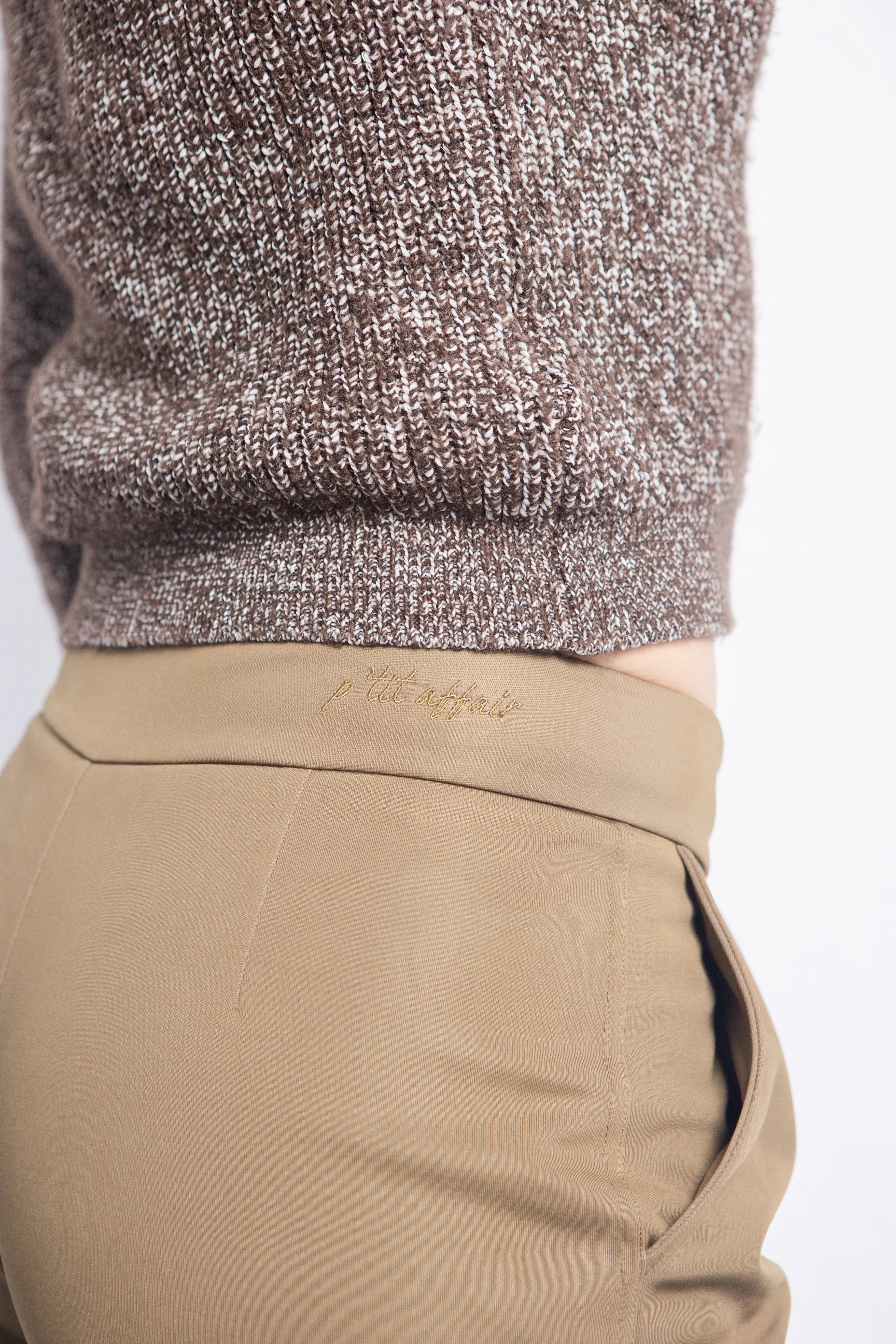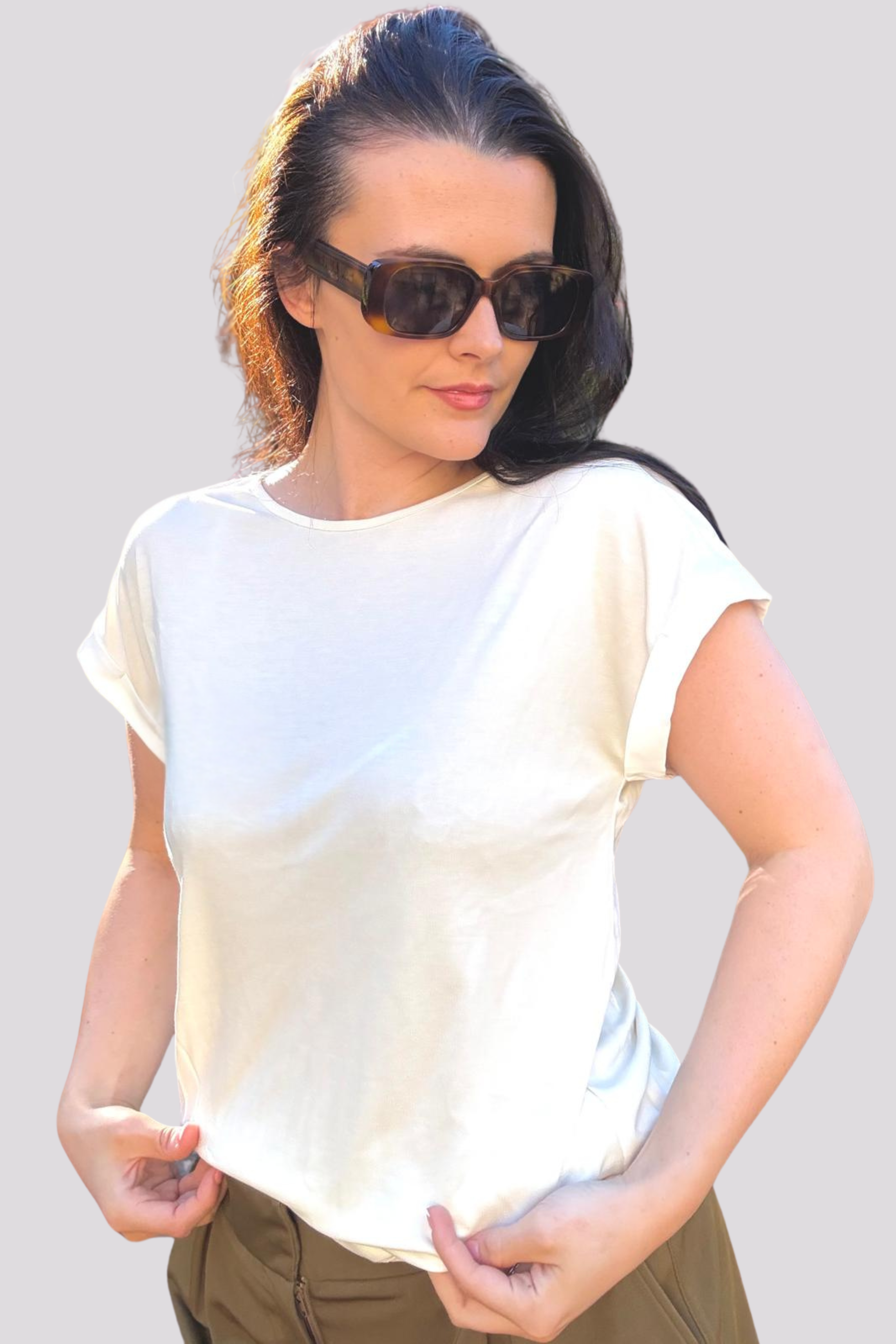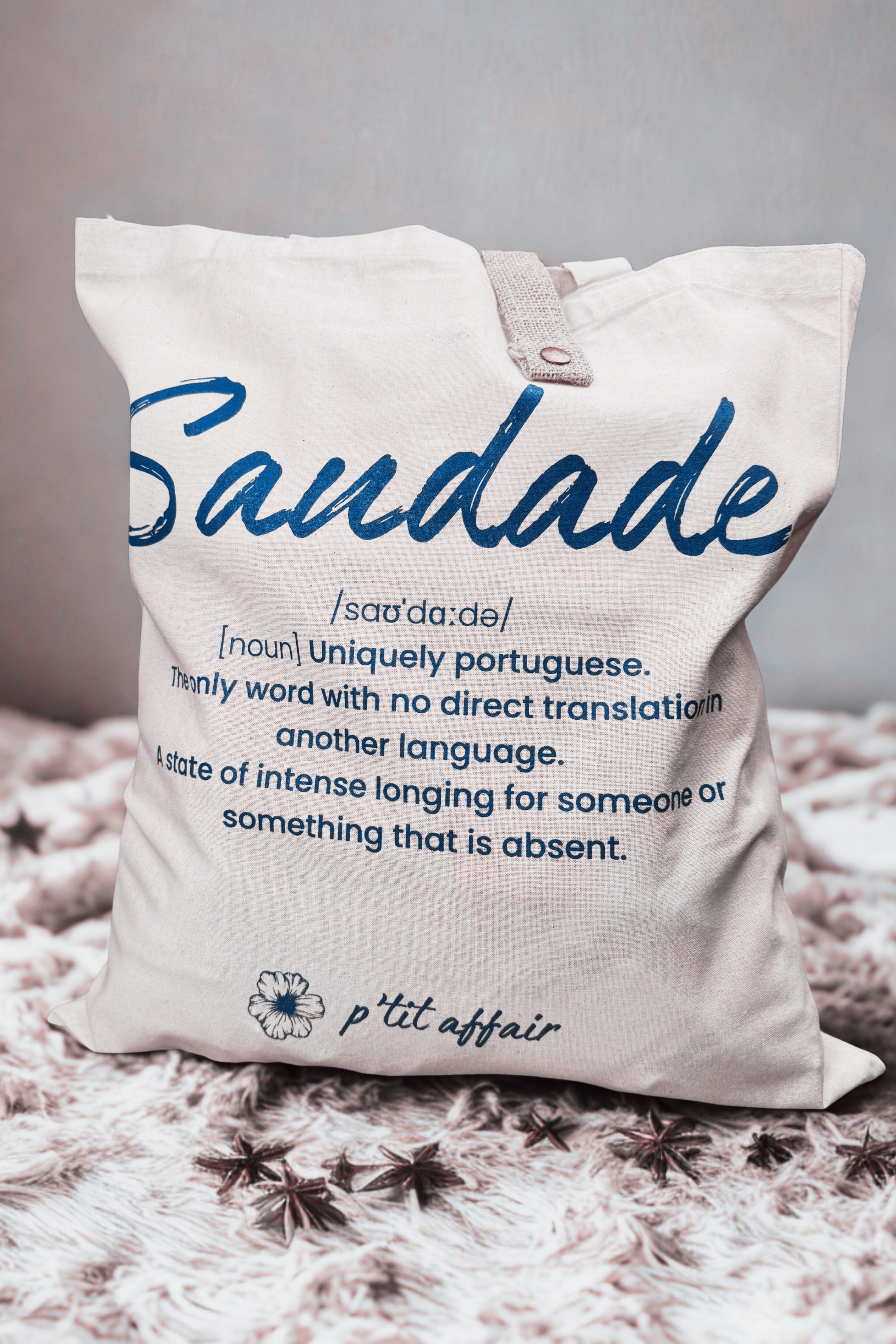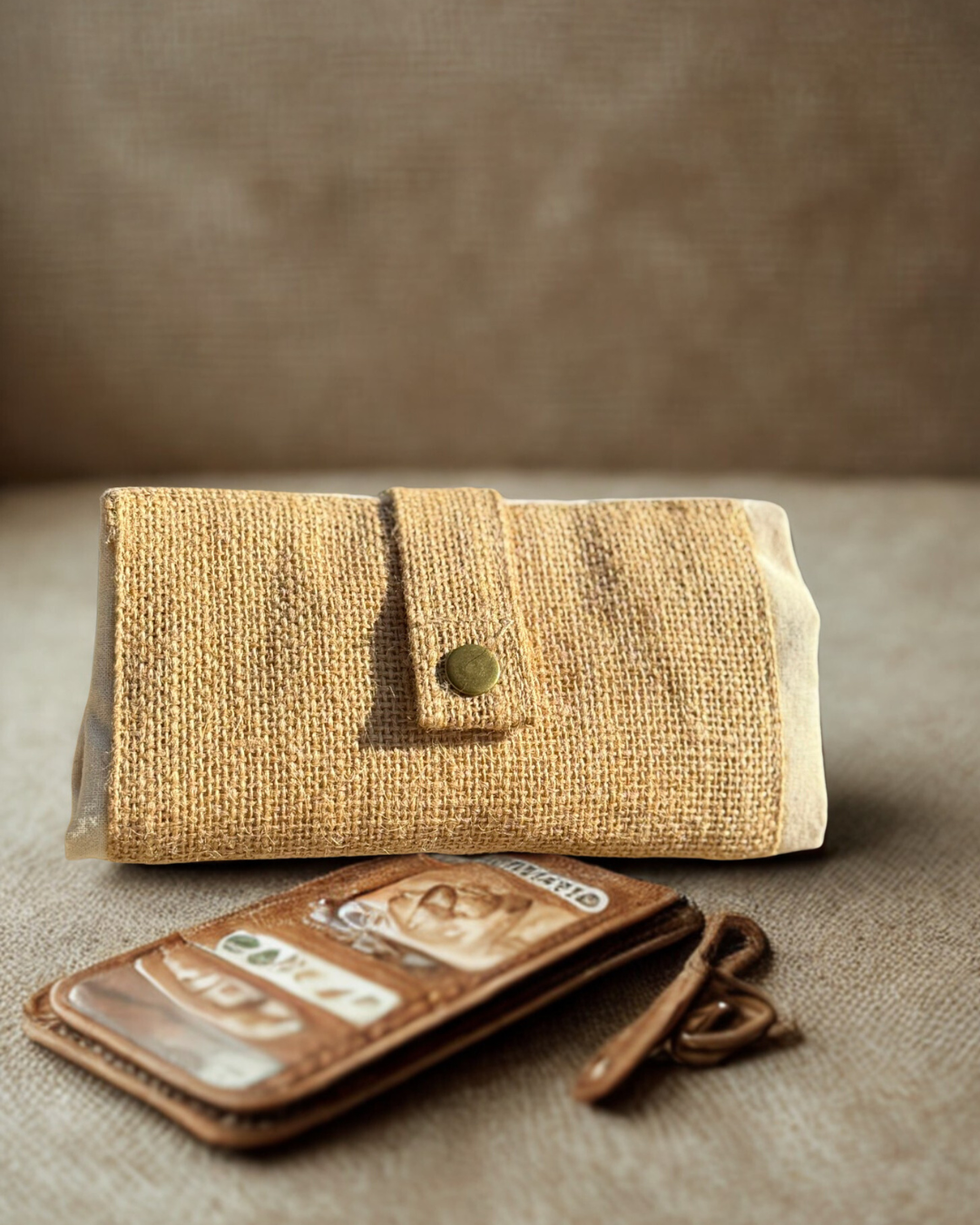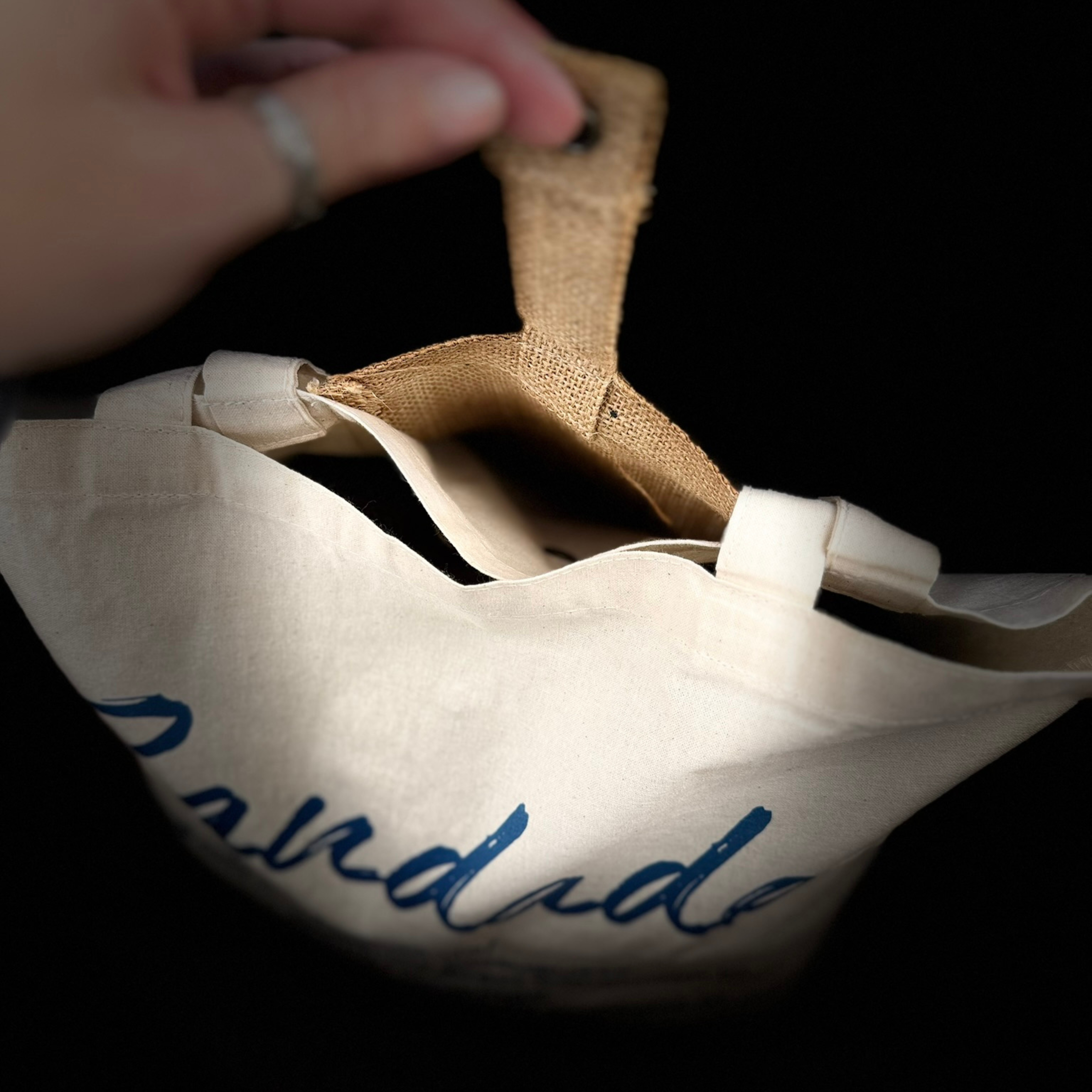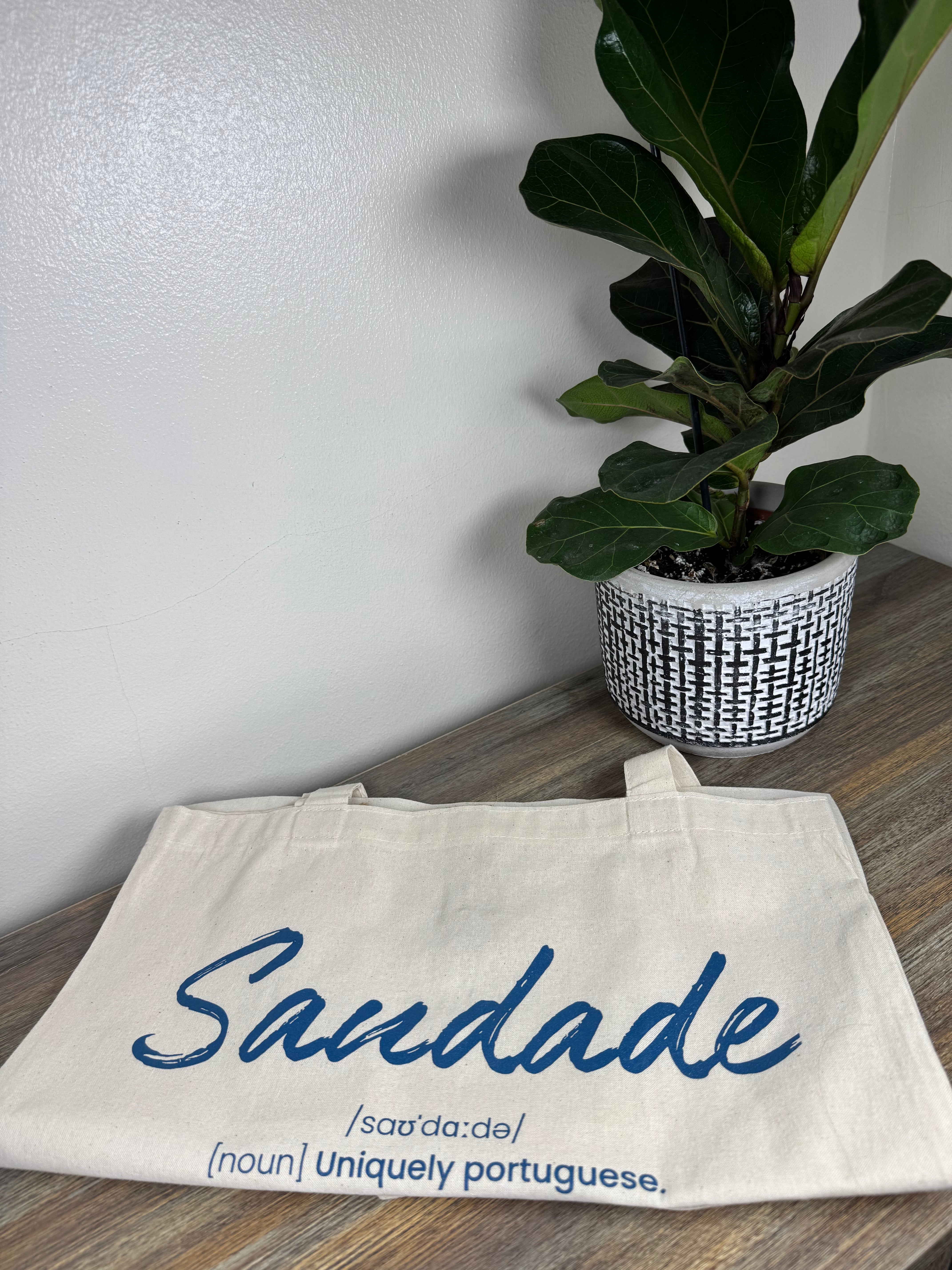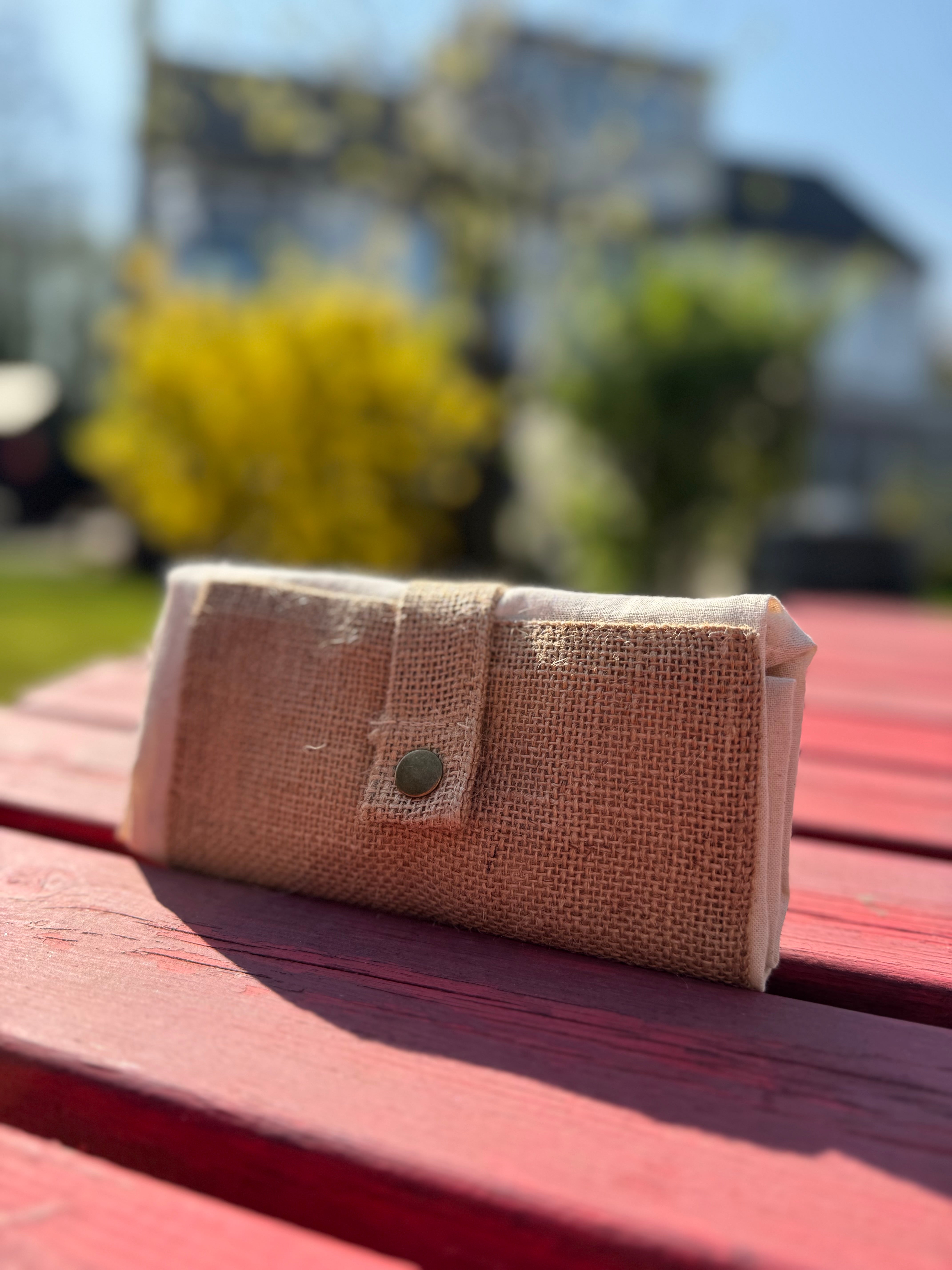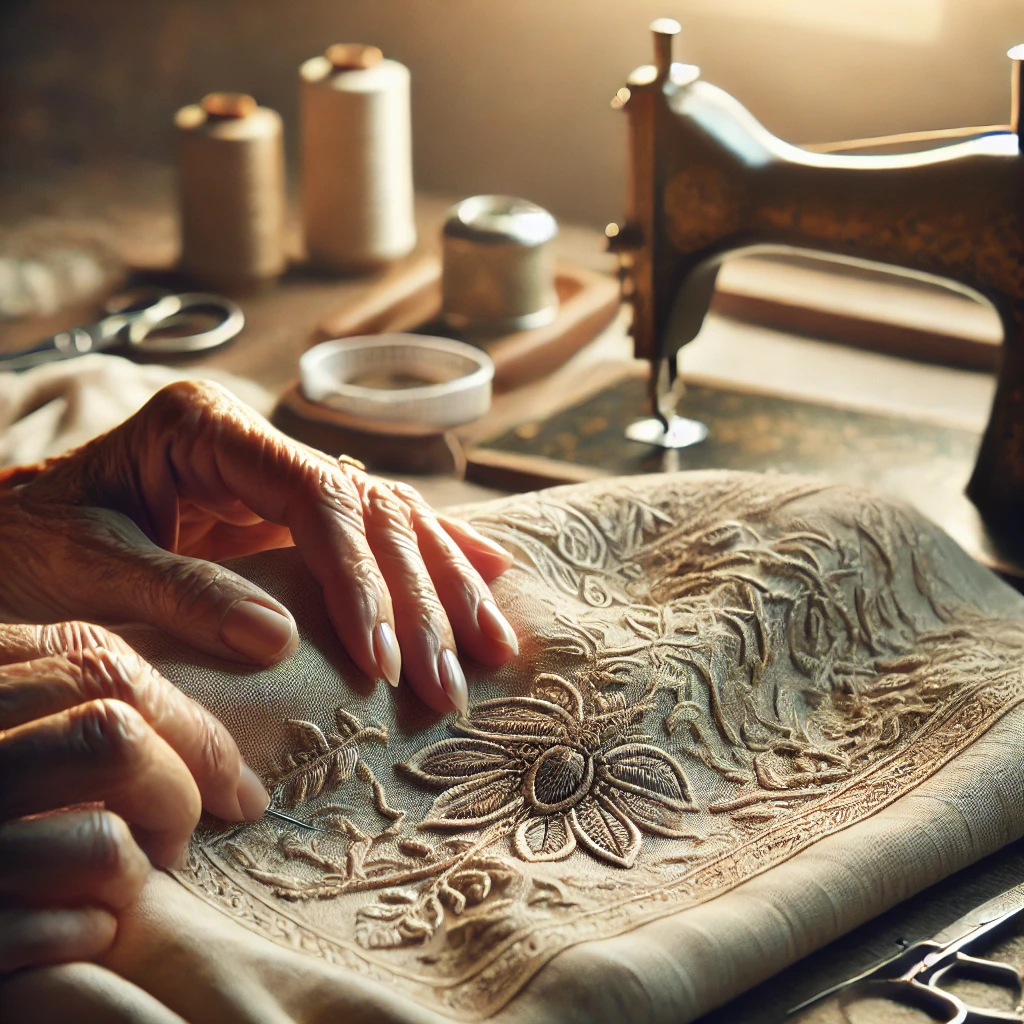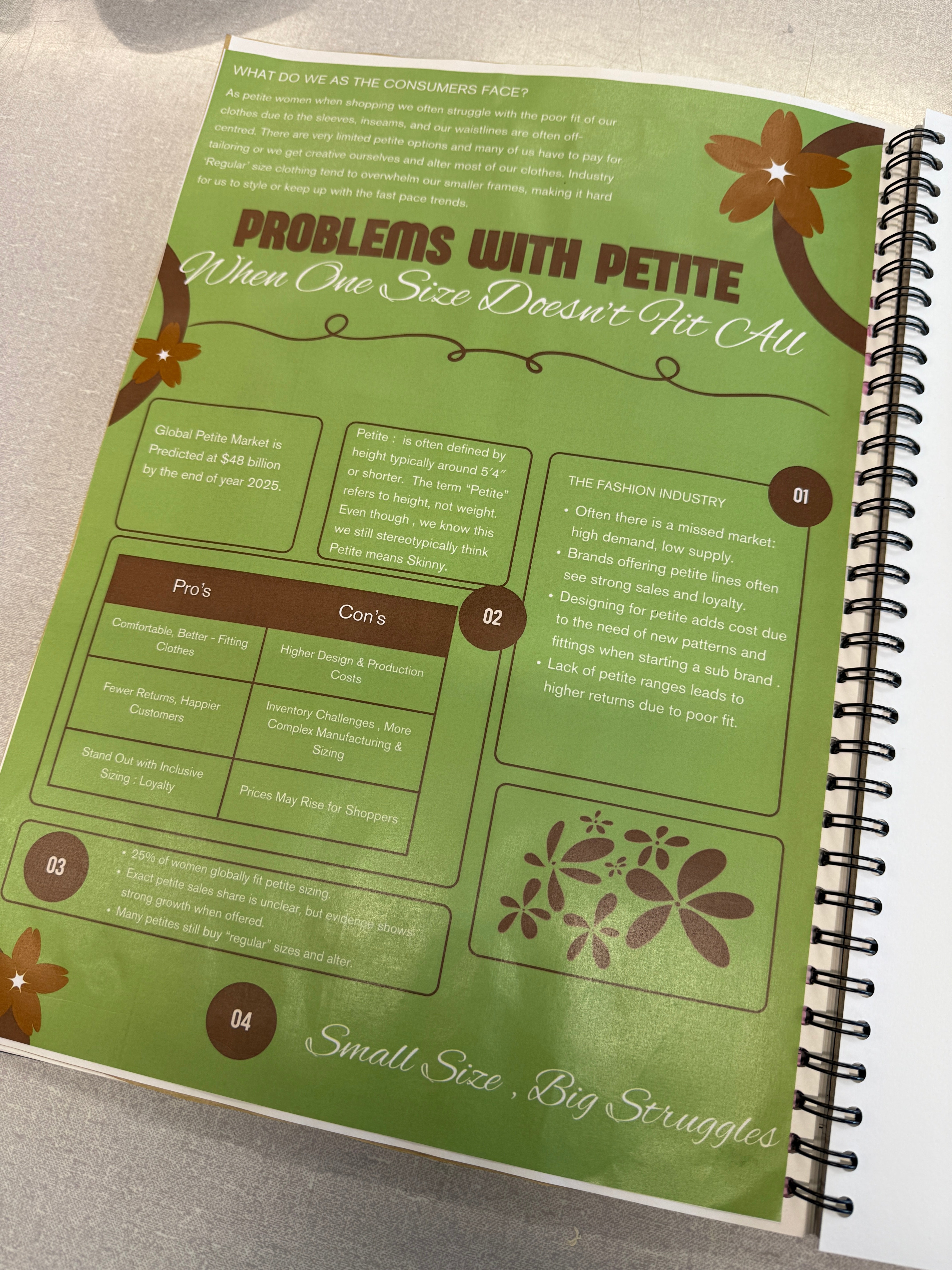Fast Fashion Giants Shein and Temu Under Fire

Why Ethics Matter in Your Wardrobe
Fast fashion giants Shein and Temu are under scrutiny, facing a parliamentary committee to address concerns about workers’ rights and forced labour in their supply chains.
This raises an important question for all of us:
What is the true cost of the clothes we wear?
What’s Happening with Shein and Temu?
On 7 January, representatives from Shein and Temu will appear before a UK parliamentary committee to answer pressing questions about labour practices in their supply chains.
The cross-party Business and Trade Committee is investigating the government’s flagship Employment Rights Bill.
This includes ensuring protections for British workers while addressing concerns about importing products made under poor labour standards, including forced labour allegations.
Shein and Temu have been at the forefront of fast fashion, offering trendy items at impossibly low prices.
However, this affordability often comes at a hidden cost - one borne by workers and the planet.
The Real Cost of Fast Fashion
Fast fashion isn’t just about cheap clothes. Its ripple effects impact people and the planet in ways we often don’t see:
Labour Exploitation
Workers in fast fashion supply chains often face unsafe conditions, long hours, and unfair wages.
Reports of forced labour and child exploitation are alarmingly common.
Environmental Damage
The fast fashion industry is one of the biggest polluters in the world, contributing to water contamination, carbon emissions, and textile waste.
An estimated 92 million tonnes of textile waste is created annually.
Quality vs. Quantity
Fast fashion prioritises quantity over quality, flooding the market with low-cost items that often wear out quickly, encouraging a cycle of overconsumption.
Why Ethical Fashion Matters
Ethical fashion offers an alternative. One that respects workers, prioritises sustainability, and creates garments designed to last.
So the true focus should be on:
Fair Treatment
Ethical brands ensure workers are paid fairly and work in safe conditions.
Sustainability
Choosing eco-friendly fabrics and reducing waste helps protect the planet for future generations.
Timeless Design
Investing in high-quality, timeless pieces means less waste and a wardrobe that stands the test of time.
How P’tit Affair Is Different
At P’tit Affair, we’re committed to timeless, sustainable fashion made with integrity. And this is how:
Ethical Production
Our garments are Made in Portugal, ensuring fair labour practices and high-quality craftsmanship.
Sustainable Fabrics
We’re selective about the materials we use, focusing on pieces that last without harming the planet.
Timeless Design
Our clothing is versatile and made for real life, designed to be worn and loved for years to come.
We believe petite women deserve better! Not just in fit and style, but in the values behind the clothes they wear.
How You Can Make a Difference
As consumers, we have the power to demand better. So here’s how you can help:
1. Ask Questions
Research the brands you buy from.
Where are their clothes made? What are their labour practices?
2. Choose Quality Over Quantity
Invest in timeless, well-made pieces that you’ll wear for years.
3. Support Ethical Brands
By choosing brands that prioritise sustainability and fair treatment, you’re casting a vote for a better fashion industry.
The Future of Fashion is Timeless
The fast fashion industry may dominate the headlines, but it’s time for a change.
As we move into 2025, let’s prioritise ethics, sustainability, and timeless style.
At P’tit Affair, we’re leading with these values and invite you to join us on this journey.
Together, we can redefine what fashion means.
Stay updated on our mission by signing up for our newsletter today!
